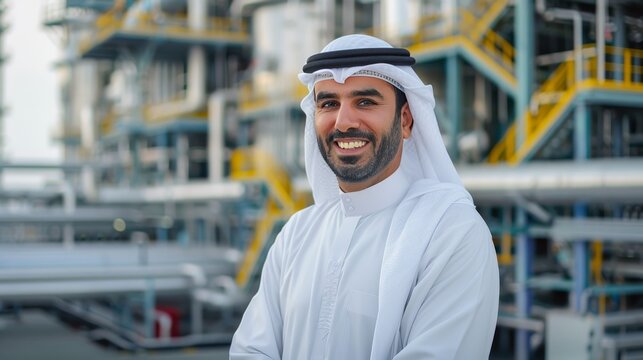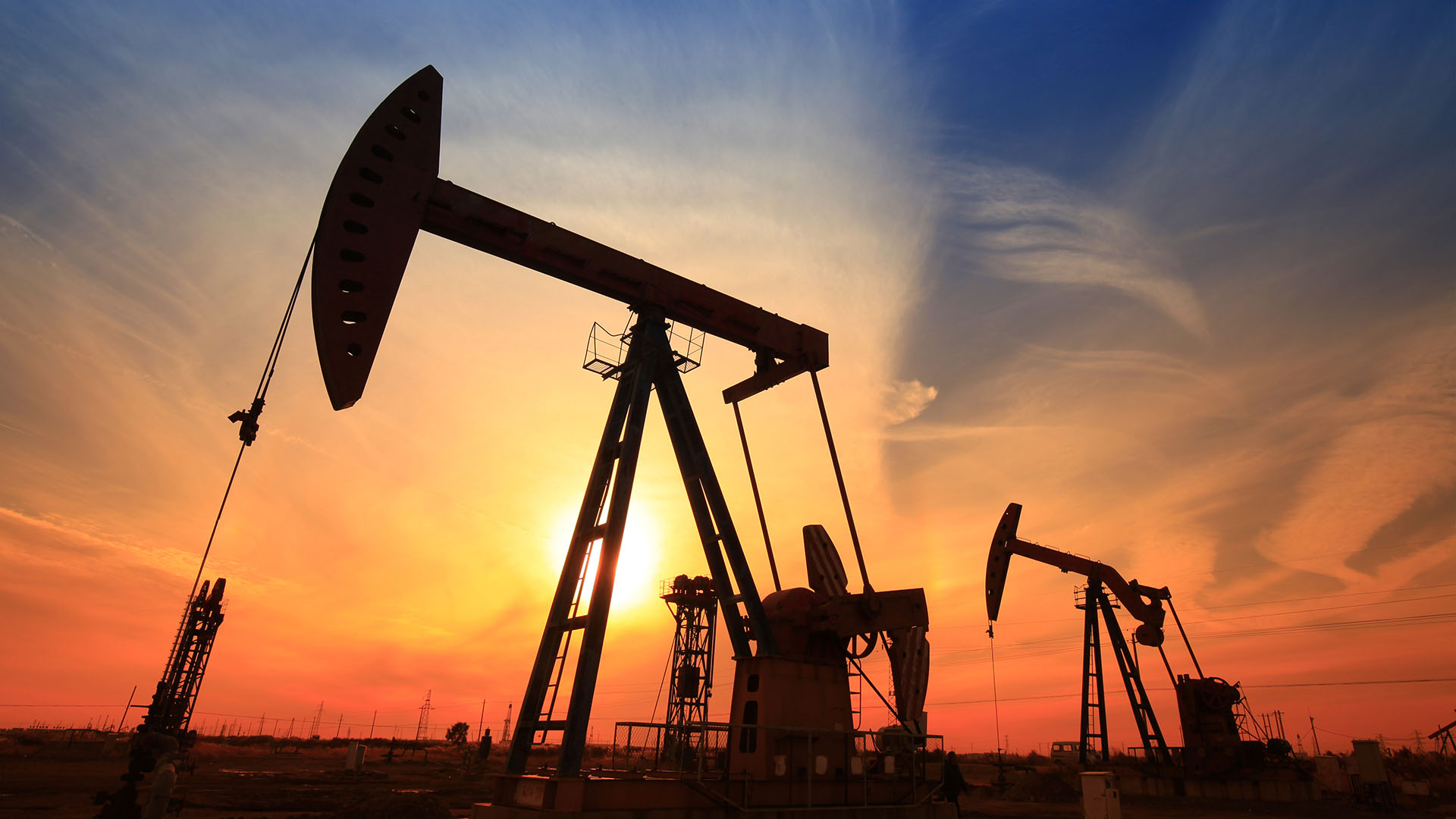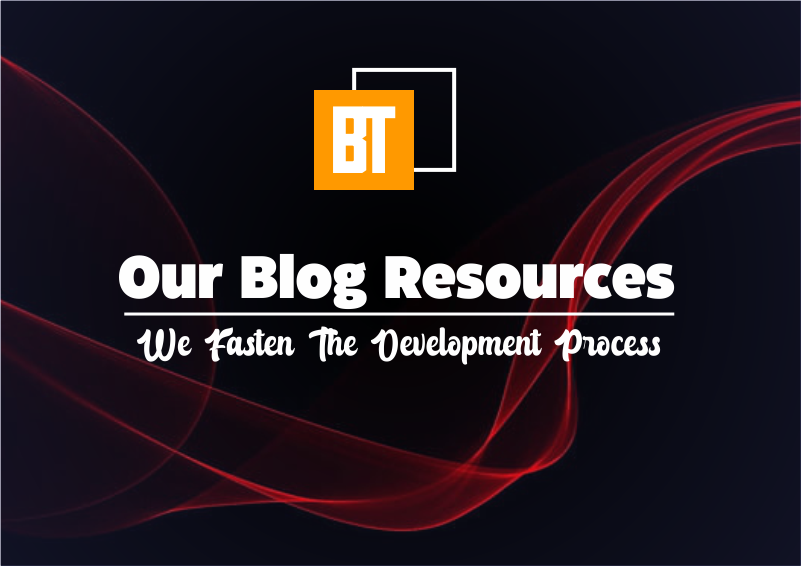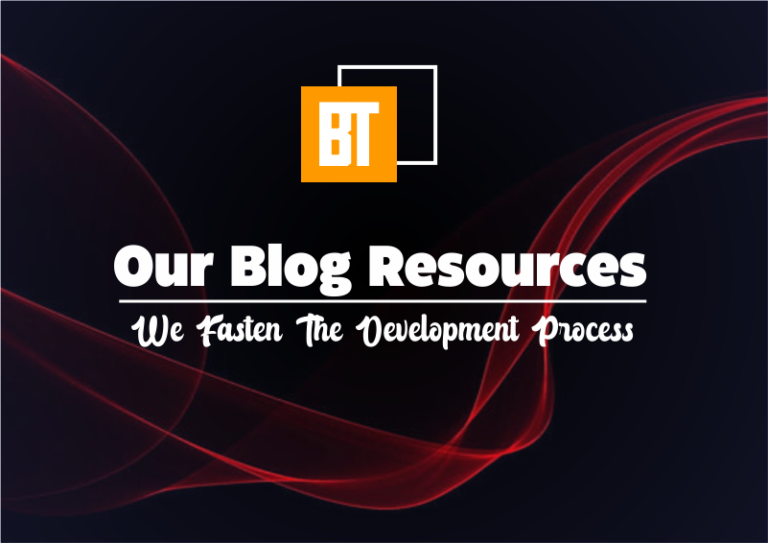Oil and Gas Insurance
The oil and gas industry is a pillar of Dubai’s economy, contributing considerably to its prosperity and growth. As one of the UAE’s most important sectors, the energy business is subject to inherent risks such as operational dangers, environmental risks, equipment failure, and legal obligations. For businesses working in this high-risk environment, oil and gas insurance is critical to preserving their investments and maintaining company continuity.
This article goes into the fundamentals of oil and gas insurance in Dubai, discussing its significance, the various types of coverage offered, how it aids risk management, and the issues the industry faces. Understanding these components can help businesses make informed judgments regarding the best insurance coverage to protect their operations.
What Oil and Gas Insurance?
Oil and gas insurance is a specialized type of coverage designed to protect companies involved in the exploration, extraction, production, transportation, and distribution of oil and gas. This sector faces a wide array of risks, from accidents at extraction sites to environmental disasters and regulatory liabilities. Because of the hazardous nature of operations, standard business insurance policies are inadequate for covering the full spectrum of risks in this industry.
Companies in the oil and gas sector often engage in complex, large-scale operations that expose them to substantial financial risks. Oil and gas insurance mitigates these risks by providing financial protection against losses from events such as equipment failure, natural disasters, oil spills, worker injuries, and legal disputes arising from regulatory violations. The policies are typically customized to the needs of the company, covering specific phases of the oil and gas life cycle, including upstream, midstream, and downstream operations.
The Importance of Oil and Gas Insurance
Dubai has positioned itself as a worldwide energy hub, specializing in oil and gas discovery, production, and delivery. The hazards involved with the sector grow as new technologies and complicated projects emerge. Oil and gas insurance provides a key financial safety net for businesses, covering potential losses resulting from accidents, natural catastrophes, equipment failure, and other industry-specific risks.
The enormous risks involved in oil and gas insurance in Dubai highlight their relevance. Companies that extract, refine, and transport oil and gas face a variety of risks, ranging from catastrophic oil spills to equipment malfunctions. A single event might cause significant financial losses, operational difficulties, and legal issues. Comprehensive insurance policies tailored to this industry can mitigate these risks and protect companies from financial ruin.
Furthermore, oil and gas insurance ensures that enterprises in Dubai and around the UAE remain compliant with regulatory standards. Given the strict environmental and safety requirements in force, businesses must be sufficiently insured to operate legally and avoid large fines or penalties.

Types of Oil and Gas Insurance Coverage
There are several types of insurance coverage available to companies in the oil and gas sector in Dubai. Each type of coverage is designed to address specific risks associated with different aspects of the industry. These include upstream, midstream, and downstream activities.
Exploration and Production Insurance
Exploration and production insurance, often known as upstream insurance, is specifically designed to protect enterprises that engage in oil and gas exploration, drilling, and extraction. This insurance protects against operational risks involved with exploration, such as well blowouts, drilling difficulties, and equipment problems. Given the unpredictable nature of exploration activities, this coverage is critical for enterprises in the early stages of oil and gas production.
This type of policy often covers property damage, well control insurance, and liability for environmental harm. In Dubai, where many foreign businesses are involved in exploration projects, this coverage protects against the potentially catastrophic financial implications of accidents or unsuccessful operations.
Transportation and Storage Insurance
Once extracted, oil and gas must be delivered to refineries or storage facilities. Midstream activities pose major dangers, particularly when transporting volatile products like crude oil or liquefied natural gas (LNG). Transportation and storage insurance covers the risks of damage or loss that may occur while in transportation by sea, road, or pipeline.
This coverage is especially crucial in Dubai, as the region relies on shipping routes and pipelines to carry energy resources. It protects businesses against the financial consequences of spills, accidents, or damage to transport vessels and storage facilities.
Refinery and Processing Insurance
Downstream activities include refineries and processing plants, which turn raw resources into useful energy products. These facilities are exposed to a variety of operating risks, including fires, explosions, equipment breakdowns, and environmental problems. Refinery and processing insurance protects against property damage, business interruption, and liability for accidents that may occur at these sites.
In Dubai, where the energy sector is rapidly expanding, proper insurance for refineries and processing plants is vital. This sort of insurance allows businesses to recover swiftly from unexpected events while avoiding protracted downtime, which could result in considerable income losses.
Environmental Liability Insurance
The oil and gas industry is well-known for its ability to affect the environment, whether through unintentional spills, leaks, or other forms of contamination. Environmental liability insurance covers the costs of environmental cleanup, legal defense, and compensation claims.
Given Dubai’s environmental sensitivity and restrictions, businesses must be prepared for environmental incidents. This coverage assists businesses in managing the financial risks connected with environmental claims, guaranteeing compliance with environmental legislation and reducing reputational damage.

Workers’ Compensation Insurance
Employee safety is critical in any sector, but it is especially important in oil and gas. Workers in the oil and gas industry confront a variety of risks, including handling dangerous compounds and working in severe circumstances offshore. Workers’ compensation insurance covers medical bills, lost wages, and rehabilitation costs resulting from a work-related injury or illness.
This form of insurance is required in Dubai, and enterprises involved in the oil and gas industry must provide enough security for their personnel. Aside from regulatory obligations, having adequate workers’ compensation coverage ensures that businesses can recruit and keep qualified employees by providing a safe and secure working environment.
Business Interruption Insurance
Unexpected events frequently occur in the oil and gas industry, disrupting operations. Business interruption insurance is intended to compensate financial losses incurred when a company’s operations are disrupted due to an insured event, such as equipment failure, fire, or natural catastrophes. This coverage enables businesses to continue meeting their financial responsibilities, such as wages and loan payments, even if production is temporarily suspended.
In Dubai, where the oil and gas sector is vital to the economy, avoiding operational downtime is critical for company continuity. Business interruption insurance provides an important cushion, allowing businesses to stay financially afloat during times of disruption.
The Role of Oil and Gas Insurance in Risk Management
Risk management is an essential part of running an oil and gas firm in Dubai. Because of the industry’s volatility, businesses must implement a thorough risk management strategy to reduce potential financial losses and operational interruptions. Oil and gas insurance is a critical component of this approach, allowing corporations to transfer risk to insurance providers.
Companies that obtain adequate coverage can protect their assets, maintain compliance with local rules, and reduce the effect of accidents or operational failures. Insurance also provides peace of mind to stakeholders such as investors, employees, and business partners by ensuring that the organization has adequate financial protection to manage risk effectively.
In addition to providing financial protection, oil and gas insurance in Dubai is frequently combined with strong risk management services given by insurers. These services include risk assessments, safety audits, and emergency response plans. Insurers collaborate with oil and gas businesses to identify potential vulnerabilities and manage those risks.

Challenges Facing the Oil and Gas Insurance Sector in Dubai
While oil and gas insurance provides critical protection for businesses, the industry faces hurdles that might make it difficult to obtain comprehensive coverage. One of the most significant concerns is the changing nature of the risks encountered by the oil and gas industry. As technology evolves and new methods of exploration and extraction emerge, the associated risks shift, forcing insurers to constantly modify their coverage alternatives.
Another difficulty is increased regulatory monitoring of environmental protection. As the world’s focus changes to sustainable practices and lowering carbon emissions, Dubai’s oil and gas businesses face more pressure to reduce their environmental impact. This regulatory landscape complicates the insurance process because enterprises must comply with high environmental criteria in order to obtain coverage.
Furthermore, the shifting global oil price might have an impact on a company’s income and ability to invest in comprehensive insurance. During periods of low oil prices, businesses may be inclined to save money by lowering insurance coverage, leaving them open to major financial risks.
Conclusion
To summarize, oil and gas insurance is an essential component of any risk management strategy for enterprises operating in Dubai’s energy sector. The industry has distinct hazards that necessitate specific coverage, spanning from exploration and production to transportation and refining. Companies can protect their assets, reduce operational disruptions, and maintain regulatory compliance by purchasing the appropriate insurance policies.
Oil and gas insurance in Dubai will become increasingly important as the industry evolves. Companies that proactively manage their risks through comprehensive insurance coverage will be better positioned to face the difficulties of this high-risk industry, assuring long-term profitability and stability. For enterprises working in this dynamic sector, oil and gas insurance is not only a financial security.






